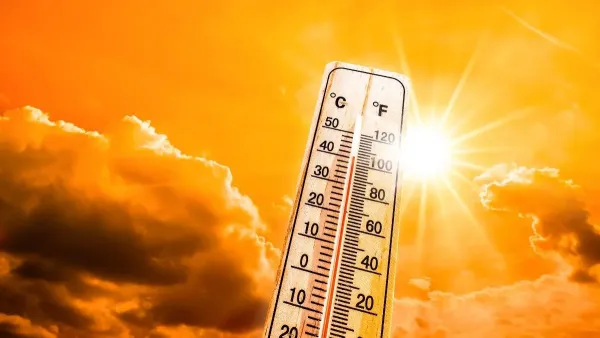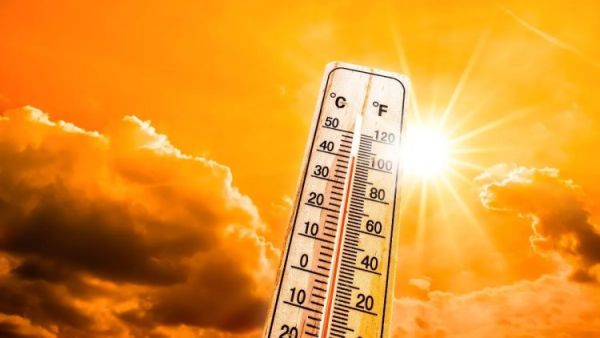
Despite the fact that February is usually a frigid month, the current temperatures have caught everyone off guard. The highest temperature in Lucknow on Tuesday was 29°C, which is 3.5°C warmer than the typical normal. 12°C was the lowest recorded temperature. People are worried about the approaching summer months as a result of February’s unusual temperature increase.

Weather experts predict that Wednesday will see a low temperature of 12°C and a high temperature of 27°C. Winds of 15 to 25 km/h are predicted, and dry weather is anticipated in the majority of the state’s districts. Farmers are now more concerned about this February weather shift since crops may be harmed by early heat.
According to Jagran.com, Professor Naveen Arora, who teaches environmental science at Baba Saheb Bhimrao Ambedkar Central University, said that February weather like this has never been seen before. He said that changing climates and global warming are causing changes in weather patterns.
The Gorakhpur division saw a notable increase in daytime temperatures on Monday, while other districts showed no discernible difference. In the Agra division, the afternoon temperature was much higher than normal. The temperature was 3 to 5 degrees Celsius warmer than usual in the Jhansi and Meerut divisions. The temperature was 1.5°C to 3°C warmer than usual in the divisions of Varanasi, Ayodhya, Prayagraj, Lucknow, and Moradabad. In Prayagraj, the highest recorded temperature in Uttar Pradesh was 31.1°C.
The overnight temperatures in the divisions of Varanasi and Ayodhya were much higher than usual throughout the last 24 hours. The other categories showed no significant changes. The Prayagraj, Agra, and Meerut divisions had overnight temperatures that were 1.5°C to 3°C warmer than usual.
No significant variations in the maximum temperature are anticipated over the next 24 hours, following which it will gradually drop by 2 to 3 degrees Celsius. The lowest temperature is also predicted to gradually drop by up to 2°C over the course of the next 24 hours, although no significant changes are anticipated.